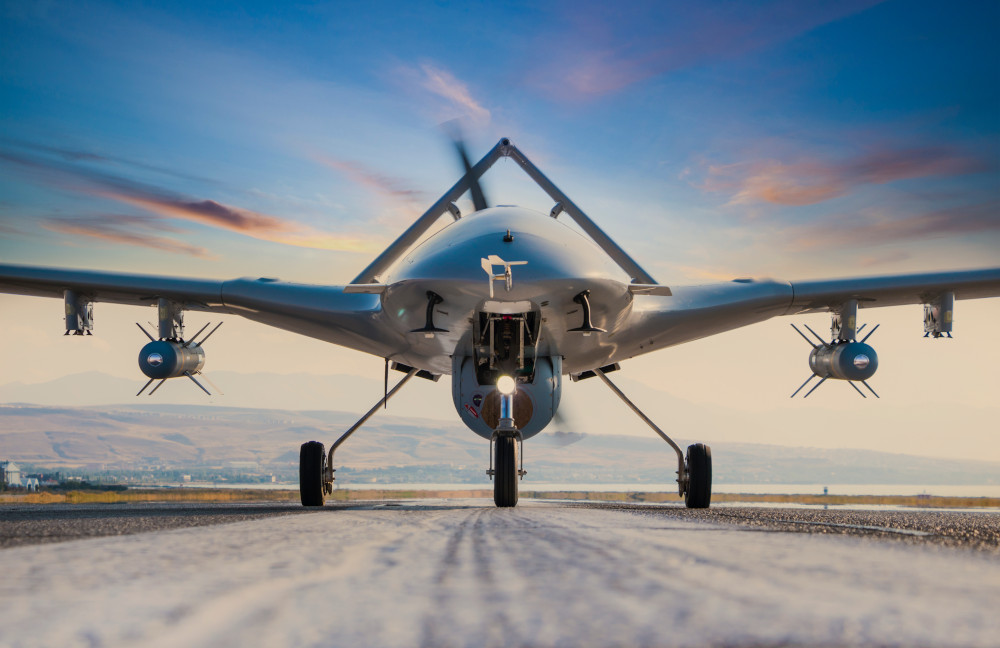Protiviti Experts Share Their Insights
Recently, Tech Insights interviewed a number of Protiviti’s Technology Consulting leaders to get their thoughts on the “hot topics” on which CIOs and CISOs should focus in the year ahead. These insights are based on the conversations our experts have had with tech leaders throughout 2020. Our 2021 Tech Priorities series continues through January. Today, we talk about why cloud technology should be on every leader’s agenda for 2021.
While cloud technology is not new, our experts agree: cloud is an on-trend “must have” for any organization. Whether taking the first step into cloud or augmenting a solidly established cloud strategy to expand into emerging technologies, cloud is “where it’s at” in 2021.

“The world of IT capabilities is showing outstanding promise, routinely redefining the art of the possible. Cloud technology underpins it all,” said Randy Armknecht, managing director and cloud practice lead. “The power of automation and cloud APIs drives speed and consistency of IT deployments. Leveraging the cloud can empower IT teams to deliver technical solutions to business challenges in a quicker, more cost-effective way. IoT and edge computing services can take content, access and service closer to end users. Data services enable the storage and analysis of increasing amounts of data, at increasing speed. Services for machine learning and artificial intelligence enable quicker model building and training, in turn enabling teams to get more quickly to a production-ready model. These models can power business decisions with unprecedented speed and insights.”

Scott Laliberte, managing director and lead of Protiviti’s emerging technology team, added, “we will continue to see an increased adoption in cloud in 2021. More and more organizations will move to cloud because of the resiliency and additional control and speed that cloud technologies allow companies to harness.” Laliberte cited the ability to quickly spin up new environments, document controls as code and scale on demand. He challenged technology leaders considering cloud installations or expansions this year to have a plan in place to “adapt security controls and your other types of controls that have been largely designed for on-prem environments to function in a multi-cloud, hybrid cloud and all different types of cloud environments. It’s going to require new processes, technologies and controls to be deployed.”
Managing Data More Effectively

Cloud adoption will play a vital role in organizational data maturity, data quality and how effectively the organization can drive data integration. “Organizations moving to cloud need to think about how to best leverage the available cloud technologies,” said Peter Mottram, who leads Protiviti’s Enterprise Data and Analytics practice. “A company’s ability to manage risk goes up exponentially when it knows its data,” Mottram added. “Firms should have a future stake in data architecture that addresses newer technologies, data security and privacy and the regulatory reporting environment. Organizations that do that right will effectively drive customer acquisition and new revenue.”
Armknecht added, “the focus of many businesses now as they continue to adopt to our socially distanced and increasingly digital world, is around quickly providing personalized, differentiated, customer experiences that remove the barriers to purchase and decrease the time between searching and finding content. Customers are demanding short times between engagement, purchase and delivery. Doing this successfully requires the business to pull value from their data, provide device specific and excellent user experiences, while maintaining privacy and security to keep trust.”
Staying Ahead of Evolving Privacy Regulations
Protiviti Italy’s Enrico Ferretti weighed in on how cloud technologies and privacy intersect. “As cloud adoption becomes more pervasive, CIOs and CISOs must manage this transition securely and in compliance with national and international regulations,” he said.

“The adoption of new operating models and technologies may introduce important security and privacy concerns. One of the most relevant is cloud adoption, requiring governance of the supplier that manages the organization’s data.”
Ferretti echoed Mottram’s points about data management, but from a privacy perspective. “The huge amount of data that companies collect and analyze about their customers and other stakeholders are a tremendous source of business information but are also subject to severe privacy restrictions. The ‘cloudification’ of data subject rights and increasing consumer awareness of these rights are requiring companies to allocate more resources to deal with customer privacy matters,” he said, adding that, in 2021, automating data management will be a key element to keeping privacy concerns sustainable.
“One of the biggest challenges I’ve seen is companies need to have a clear view of where data is stored and how to manage it in an effective way at each single point where it is stored. We see most organizations have a high-level understanding of ‘data,’ but they find it difficult to know exactly where it is stored, who it is accessed by and whether or not the data is updated because the systems where this data is stored continue to increase. Ferretti recommends supplementing cloud by “introducing technologies such as intelligent process automation, artificial intelligence and chatbots to limit the employee involvement” in interactions with consumers, or data subjects.
Moving to Emerging Technologies

As companies continue the journey to the cloud and master managing and governing their data, the next step for most is a move to emerging technologies. “The biggest up and coming technology, which really will be standard soon, is artificial intelligence,” said Greg George, associate director in Protiviti’s technology software services practice. “Analyst reports, and our experience working with clients, tell us that companies are now getting more mature in managing cloud and the data lake and are beginning to mine that data.” He added that businesses who use artificial intelligence to better understand data will become “better at finding new links between the customer and the brand.”
Laliberte also predicted that successful cloud technologies with effective data management naturally leads to new ways to use emerging tech to build new business. “I think the ah-ha moment will be realizing all of the data that these devices are generating and really learning how to harness the power of that data. For instance, being able to look at data that the systems are providing for predictive analytics and preventative maintenance.” He cited the example of manufacturing facilities operating conveyor belts around the clock. “Being able to use the Internet of Things (IoT) and smart interactions to measure vibrations on the conveyor belt or to look at the temperature of the bearings in the system and perform predictive analytics to know that the belt is going to fail in a day or two” allows the facility to replace a faulty part before experiencing a critical failure.“ Laliberte said that 2020’s pandemic-driven move to more remote workforces and online shopping has enabled organizations to “realize what value can be harnessed with the data that IoT devices provide. Organizations that ‘crack the code’ on capturing and maximizing that data are going to have a huge competitive edge over their competition.”
Our Tech Priorities series continues through January. Next week, our final post will explore how tech leaders can work with the business to introduce technologies to improve the customer experience. Other topics in the series include a 30,000 foot view of tech trends in 2021, the best tech investments for 2021 and a look at data privacy and security concerns for the year ahead. To learn more about Protiviti’s Technology Consulting capabilities, contact us.





